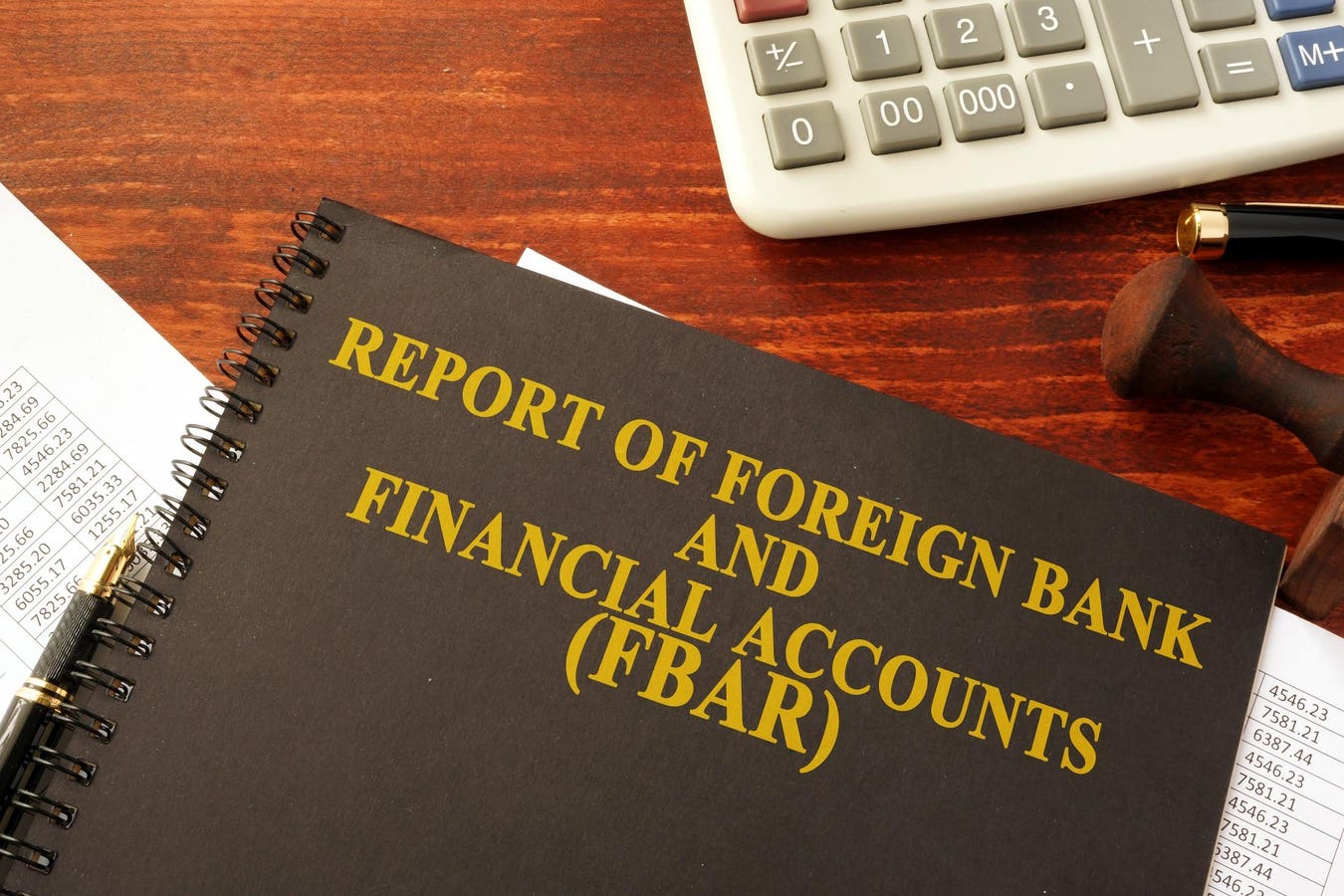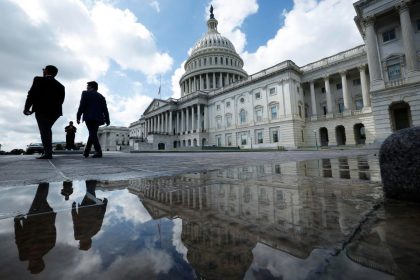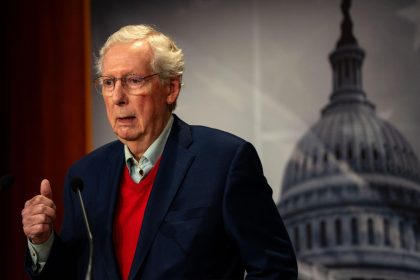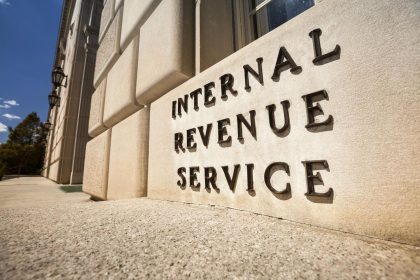In recent years, the government has made concerted efforts to win willful FBAR penalty cases through summary judgment motions. This is not surprising. Thus far, it has convinced courts that willfulness includes not only intentional violations of the FBAR rules, but also reckless violations. Given this lower standard of culpability—measured objectively—it is much easier for the government to succeed on summary judgment.
The government has even had some summary judgment success simply by showing that a taxpayer improperly completed a Schedule B. The Schedule B, which requires reporting of interest and dividends in certain instances, also has questions relating to foreign accounts. Specifically, the form asks the taxpayer, in “Yes” or “No” format, whether the taxpayer had an interest in any foreign account in the tax year. According to the government, taxpayers who have foreign accounts but who answer the question “No” should be liable for a willful FBAR penalty under the lower recklessness standard.
But a recent decision from the Northern District of California reminds us that taxpayers can defeat motions for summary judgment in these instances. That case, United States v. Saydam, highlights that taxpayers can make it all the way to trial with the right set of facts and some good advocacy.
Legal Standard of Willfulness
The government has the burden of proof in showing willfulness. In most instances, the government does not have sufficient facts or evidence to support a claim that the taxpayer acted intentionally. Therefore, it usually relies on recklessness.
Under this recklessness standard, a taxpayer is liable for a willful FBAR penalty if the taxpayer: (i) clearly should have known that, (ii) there was a grave risk of an FBAR not being filed late, and (iii) the taxpayer was in a position to easily find out for certain.
Legal Standard for Summary Judgment
Under our system of law, judges and juries review evidence and determine factual disputes amongst the parties. Therefore, a trial is necessary only if there are factual disputes that need to be determined. Recognizing this, the Federal Rules of Civil Procedure provide that a party may move for summary judgment (i.e., avoid a trial) “if . . . there is no genuine dispute as to any material fact and the movant is entitled to judgment as a matter of law.”
Summary judgment is not appropriate, however, to determine material factual disputes. Thus, courts must deny summary judgment motions that require the court to weigh evidence, determine witness credibility, and resolve other factual disputes.
Court’s Analysis
In Saydam, the government argued that summary judgment was proper because the taxpayer acted recklessly in failing to file timely FBARs. In support, the government argued that the taxpayer had incorrectly checked the Schedule B questions “No” from 2014 through 2017, even though the taxpayer had interests in foreign accounts. In addition, the government offered testimony from the three tax preparers who had prepared the returns, all of whom stated that they always asked their clients about foreign accounts prior to filing tax returns.
In response, the taxpayer argued that there were genuine disputes of material fact that precluded summary judgment. Although the taxpayer acknowledged that the Schedule B questions were answered wrongly, he contended that his tax preparers had never asked him about the foreign accounts. In addition, the taxpayer argued that his facts were distinguishable from Goldsmith—a case offered by the government in support of its motion—that found willfulness. According to the taxpayer, and unlike the facts in Goldsmith, he had: (i) not used numbered accounts or asked foreign banks to hold his mail, and (ii) provided an IRS Form W-9 to the foreign bank despite being advised that the information on the form may be shared with the IRS.
On this record, the court held that summary judgment was inappropriate. Although the taxpayer had undisputedly answered the Schedule B questions wrong, there were material factual disputes regarding whether the tax preparers had asked the taxpayer about his foreign accounts when preparing the returns. In addition, the court found the taxpayer’s case distinguishable from Goldsmith for the reasons asserted by the taxpayer. Indeed, all of those reasons, if true, could support the taxpayer’s claim that he was not reckless—namely, that he was not attempting to conceal his foreign accounts from the IRS.
Key Takeaway
Although courts remain split on the legal consequences of a taxpayer signing a tax return and incorrectly answering the Schedule B questions, Saydam should remind taxpayers that willfulness remains a highly fact-specific inquiry that may, with the right set of facts, preclude summary judgment.
Read the full article here





